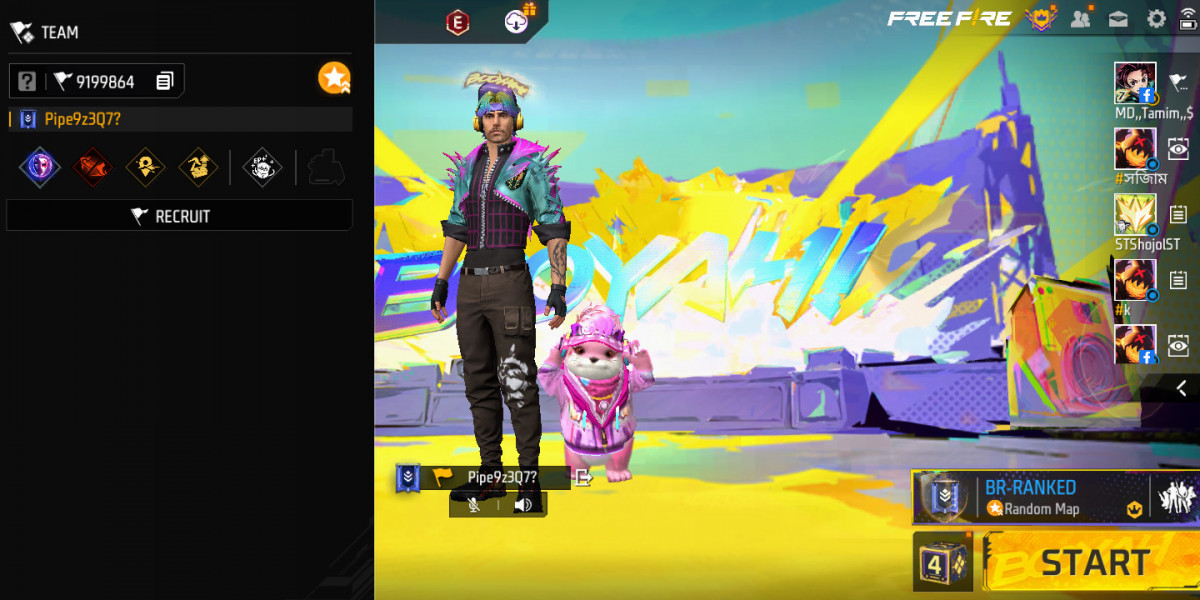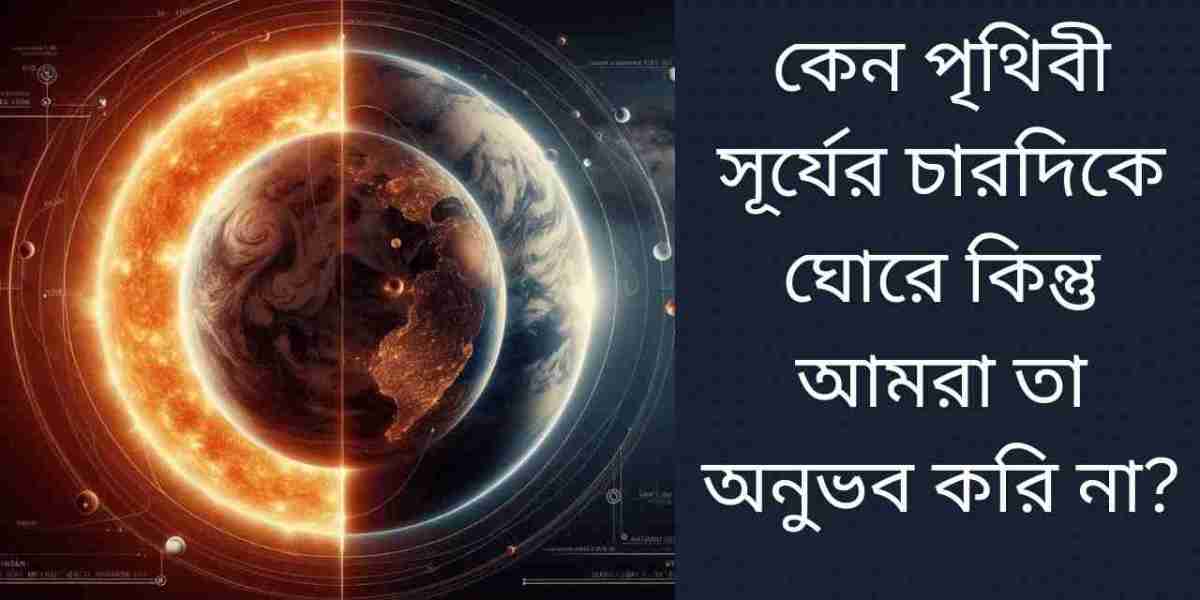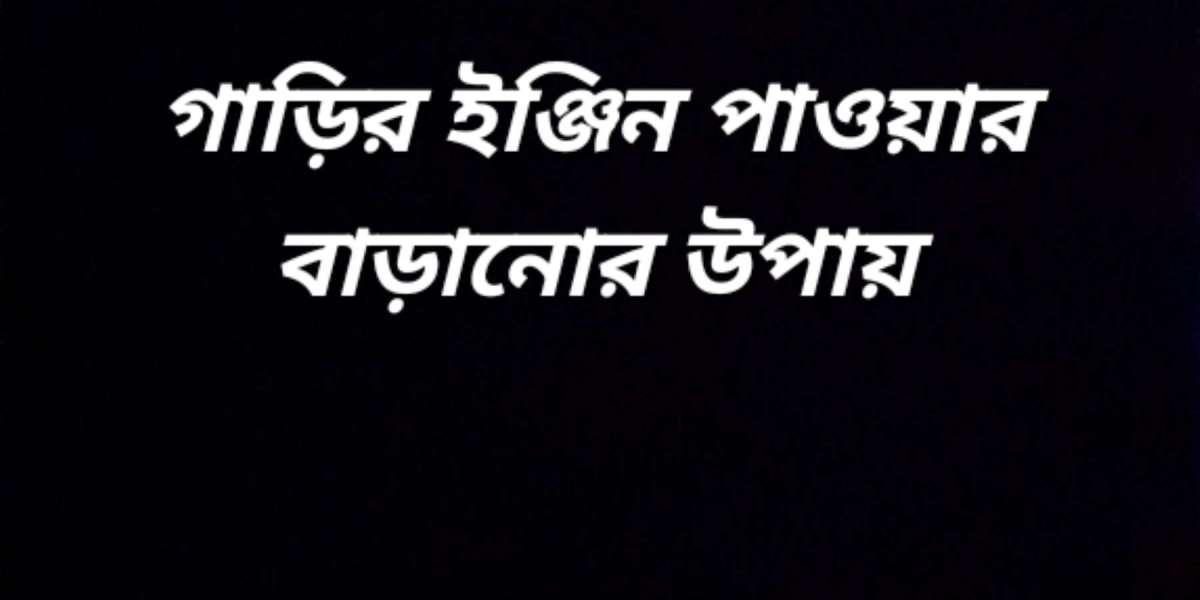Relations between Bangladesh and neighboring India have deteriorated since Sheikh Hasina was ousted from power in a student uprising in August and took refuge in Delhi. And the arrest of Sammilita Sanatan Jagrani Manch spokesperson and former 'controversial' ISKCON leader Chinmoy Krishna Das has added fuel to the fire. In such a situation, Indian Foreign Secretary Vikram Mishri is coming to Dhaka for talks with the Bangladesh government.
During this visit, various issues including reviewing bilateral issues between the two countries, political understanding, anti-Bangladesh propaganda by the Indian media, Sheikh Hasina's statement in India, opening up visa issues, border killings, sharing water from common rivers, import of daily necessities from India and removal of various obstacles to exports from Bangladesh to the country are likely to be discussed. The last meeting at the Foreign Secretary level was held in Delhi in November last year.
The scheduled Foreign Secretary-level Foreign Office Consultation (FOC) between Bangladesh and India will be held in Dhaka on December 9. Many international relations analysts believe that the Indian Foreign Secretary's visit to Bangladesh could have a positive impact on the relations between the two countries.
When asked what issue Bangladesh might give the most importance to during the Indian Foreign Secretary's visit, Foreign Ministry spokesperson Mohammad Rafiqul Alam told the media, "It is difficult to say clearly at this moment. However, in general, all issues will be discussed. We have many mechanisms with India. We have trade with them, connectivity, water, border, these will definitely be there. The relevant department is working on what will be on the agenda specifically. Recent issues will also be included. The relevant wing is still working on these. Apart from meeting our Foreign Secretary, he will also pay a courtesy call on the Foreign Advisor and the Chief Advisor."
"It is very clear that we want good relations with them (India). In this case, both sides need to want it and work for it," Foreign Affairs Advisor Towhid Hossain told reporters on Wednesday.
Although the FOC was scheduled for December 10, it may be held a day earlier on December 9, according to foreign ministry sources. Bangladesh Foreign Secretary Md. Jasim Uddin and Indian Foreign Secretary Vikram Mishri will lead their respective delegations in this meeting. During Vikram Mishri's visit to Dhaka, various issues including reviewing bilateral issues between the two countries, political understanding, anti-Bangladesh propaganda by the Indian media, Sheikh Hasina's statement in India, opening visa issues, border killings, sharing water from a common river, import of daily necessities from India and removal of various obstacles to exports from Bangladesh to the country are likely to be discussed. The last meeting at the foreign secretary level was held in Delhi in November last year.
Asked whether the meeting would melt the ice, former ambassador Major General (retd) M Shahidul Haque said, "The fact that the Indian Foreign Secretary is coming will have a positive impact between the two countries. Although it is routine. Still, I see the policy that the Indian government has taken to continue trade as positive. There are many issues. The Indian High Commissioner said two days ago that relations should not be stuck on one issue. I hope that the Foreign Secretaries of the two countries will try to take the relationship forward. There is a lot of trade and commerce between the two countries. Except for medical and tourism, if we see that just as we benefit, they also benefit. Just as India needs us, we also need India. I hope that Bangladesh will give a positive message, although our Foreign Advisor has said it twice. Similarly, I hope that a positive message will come from the Indian Foreign Secretary. Even though there are many issues now, I do not want to lengthen the list to melt the ice. Let the communication be fixed first. Let the visa be started. Let there be no obstacles in business."
According to the Hindustan Times, Vikram Mishri's visit comes at a time when relations between Bangladesh and India are at an unprecedented high. Protests are taking place in several Indian states bordering Bangladesh following the arrest of Chinmoy Krishna Das on charges of sedition and Hindu minority issues.
Which issue of Bangladesh should be given the most importance in this meeting at this moment? In this context, international relations analyst Professor Imtiaz Ahmed said, 'At this moment, several issues need to be looked at seriously. Among them, how to stop the news that the Indian media is giving. If necessary, an Indian media team can come to Bangladesh. It can come separately, even if not with the Foreign Secretary - create that opportunity. Then the negative news that is happening may stop. It is also true that the Indian Foreign Secretary will want to know the information they have, our media has also come out that minorities have been attacked at different times. This may be a big issue. Along with this, there will be efforts to normalize business. Since this is the first visit, there will be multiple issues.'
When asked about ways to defuse tensions, Imtiaz Ahmed said, "There are different types of forces in both countries, they take advantage of the opportunity. If there is no big directive from above or if a third force gets encouragement from their words, then it cannot be stopped. If the talks start, then both countries will understand where work needs to be done. This is necessary for India. Because, they need to understand the aspirations of the people, which have not been reflected for the last few years. Again, the criticism they have about minorities can also be addressed. In fact, the problem can be solved only through discussions."
Bangladesh's Foreign Ministry summoned Indian Ambassador Prannoy Verma on Tuesday to protest strongly over the attack on the Bangladesh Assistant High Commission in Agartala, Tripura, and the desecration of the Bangladesh national flag.
After the meeting, Prannoy Verma told reporters, "Bangladesh-India relations cannot be evaluated based on any specific issue. We will continue our discussions. The meeting is a part of that. We have a broad relationship, a relationship of mutual interest. We cannot evaluate it with one issue. We have an issue of interdependence, which is important for both countries. In the last two months, there have been some positive developments in our mutual cooperation. We have many positive things. We are working with the interim government. We will continue to work together."
Asked how the current tense situation could be resolved, former ambassador M Humayun Kabir said, "Taking initiatives to stabilize relations and prevent tensions from escalating. Discussing the ongoing issues we have. These are important at this time. We need to continue the discussions. I think that if we can strengthen mutual understanding, such problems will not exist or can be avoided."

















































